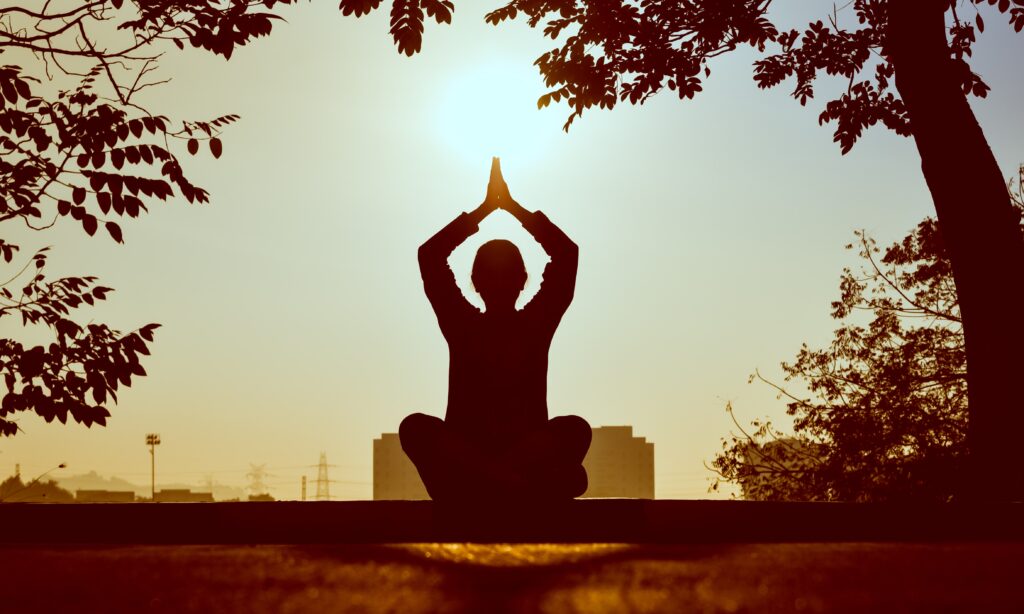Most people occasionally experience insomnia. Today life is faster than it was a generation ago and we have much less barrier between our personal life and our work life, the result can be that we carry much more of our work life with us throughout the day. Here are some tips on reducing insomnia and improving sleep hygiene:
1. Do not work in bed and do not argue in bed. Just like Pavlov’s dogs, you can begin to associate a stimulus (the bed) with a punishment, for example, stress about work (OK, Pavlov used reward – meat powder, but you get the point) . Your bed can lose the association of sleep, peace, intimacy and quiet.
2. Unless you have to be on-call all the time, turn off your smart phone or at least put it on a privacy setting. DO NOT deal with work after a certain point in the evening. Most people need a period of winding down, often one to two hours. Unless your job involves managing emergencies 24/7 turn off your phone. If your job does include emergencies – you should find some way to triage or share the responsibilities if at all possible.
3. Try to maintain a steady sleep schedule. Your body adjusts to your schedule. It is best not to change that schedule much. If you are having difficulty getting to sleep, don’t let yourself stay up significantly later on the weekend nights. Even though you might be able to sleep in later on a weekend day, it runs the risk of throwing off your sleep schedule.
4. There is no such thing as ‘catching up’ on sleep. If you have trouble falling asleep, try to give yourself plenty of time to sleep (8 to 9 hours). Sure it is not fun laying in bed with insomnia. The problem is by working until late into the night, you throw off your sleep-wake cycle. While it might be nice to sleep in on a weekend day, it will not catch you up for the four or five hour nights you had Monday through Friday.
5. Use your calendar or notebook. If something comes to mind that you think ‘needs’ to get done, put it in your calendar or write it down so you can get to it later. Ruminating about it while you are trying to sleep will only make getting to sleep more difficult.
6. Turn off your TV at a reasonable time. Use your DVR if you are a fan of late night shows. Sure Craig Ferguson sings: “It’s okay, you can always sleep through work tomorrow, okay? Hey, hey, tomorrow’s just your future yesterday.” The fact is, he is filming his show in the afternoon! TV seems to grab our attention at a very primal level; the lights, colors, pictures, and sounds are very stimulating. It is hard to relax after all that stimulation. Enjoy your shows, but use your DVR.
7. You already know not to use caffeine anytime near the evening. If you cut back on caffeine you will also notice how sensitive your body can become. Try cutting back to only consuming coffee or tea in the morning (yes, the afternoon can be rough for a while but you will survive it). You probably also know to limit chocolate because it contains theophylline – which is related to caffeine.
8. Limit alcohol. Alcohol may make you tired, but it interferes with the sleep cycle, so the sleep you get is not as restful and restorative.
9. Get exercise – but not in the evening. Exercise is a great way to improve your sleep, but exercising in the evening can make getting to sleep more difficult.
10. Make use of a relaxation technique like progressive relaxation. Here post with information about relaxation techniques. Most of these techniques involve letting go of concerns and focusing on your body or a mental image of a peaceful place.
You might have known most of these ideas before. It’s funny how we forget or disregard these ideas, and how effective they can be. OK, now turn off the computer and go to bed. If your insomnia continues, call us (but understand we will call you back in the morning!).




